Renewable energy is energy that is generated from natural sources that are replenished naturally on a human timescale, such as sunlight, wind, water, and geothermal heat. Renewable energy sources are considered to be environmentally friendly because they do not produce greenhouse gases or other pollutants, and they do not deplete finite resources, such as fossil fuels.
Some examples of renewable energy sources include solar energy, wind energy, hydroelectric energy, geothermal energy, and biomass. These sources can be used to generate electricity, heat, or transportation fuels, and they can be harnessed through a variety of technologies, such as solar panels, wind turbines, hydroelectric dams, geothermal power plants, and biofuel refineries.
The use of renewable energy has increased in recent years as countries and businesses seek to reduce their reliance on fossil fuels and reduce their carbon emissions. Many governments and organizations have set targets to increase the use of renewable energy in order to combat climate change and reduce the environmental impact of energy production.
In summary, renewable energy is energy that is generated from natural sources that are replenished naturally on a human timescale. It is considered to be environmentally friendly and has become increasingly important as a way to reduce reliance on fossil fuels and combat climate change.
Are you a business looking for renewable energy locations? GRN Energy is a strategic partner & match maker in finding, managing, and creating renewable energy locations for data centers, fintech companies, vertical farms, and smart cities. Let’s talk about building a sustainable future!

